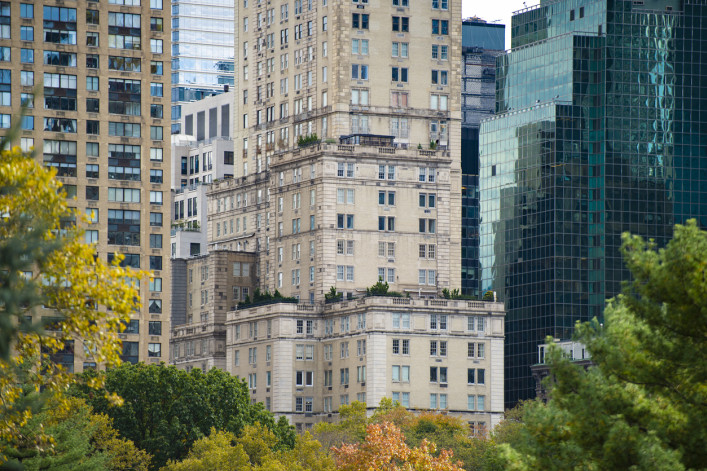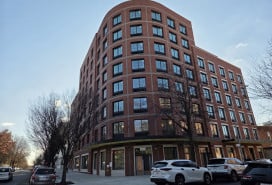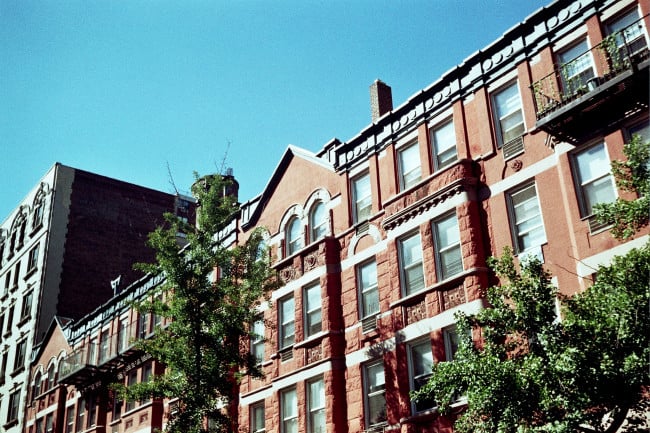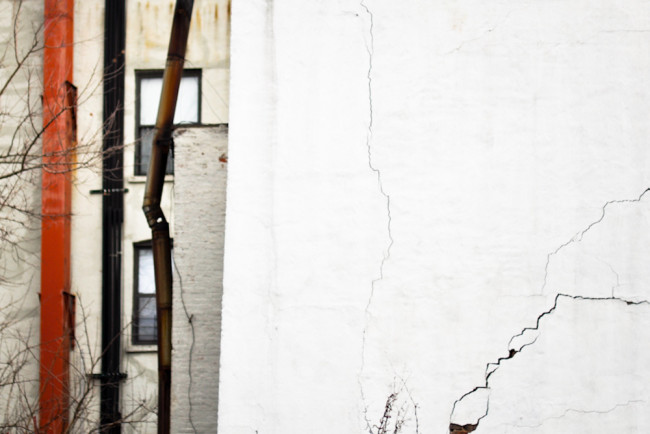How do co-op boards decide on maintenance fee increases?

Real estate taxes are one of the reasons your maintenance fee might increase.
iStock
Are there any legal restrictions on how much a co-op board can raise maintenance fees? What expenses are covered by maintenance, and what are some common reasons to raise the fee?
There are no specific legal restrictions on maintenance fee increases, our experts say, and increases are calculated based on a number of factors, which is why the fees can vary so much from one building to the next.
"Maintenance fees are the means by which a cooperative meets its actual expenses and builds adequate reserves," says Jeffrey Reich, a partner at the law firm of Schwartz Sladkus Reich Greenberg Atlas. "No one profits off of maintenance fees, and there are usually no restrictions on the amount a board can raise the fees."
If there are any restrictions on maintenance fee increases, they will be laid out in your building's bylaws or proprietary lease. In some instances, Reich says, a building might require a shareholder vote before increases are put into place, or the approval of a government agency in the case of income-restricted co-ops, like Mitchell-Lama buildings.
In most cases, though, maintenance fees are determined based on factors like the building's underlying mortgage, property taxes, amenities, utilities, the cost of labor, and more. Sometimes the fees go up dramatically from one year to the next if major repairs—like a new boiler or roof—become necessary.
But often, a maintenance fee increase is a result of an increase in property taxes.
"The recent biggest drivers of maintenance increases have been real estate taxes in general," says Deanna Kory, a broker with Corcoran. "The other two that often more severely impact maintenance are insurance costs and labor fees. On occasion, we have had major fuel cost increases, especially when oil was the predominant fuel of choice and the cost of oil increased."
All these costs, she points out, are beyond the control of the co-op board. In some cases, when a co-op needs major upgrade, the board will opt for an assessment rather than a maintenance fee hike. An assessment is an additional, but temporary fee used to find capital improvements, paid by all shareholders.
"A special assessment for a co-op improvement is a cost that can be added to the base price of the apartment, so when a person goes to sell their home they can add in any capital improvement cost to the original cost of the home," Kory says. "This will decrease any kind of capital gain, thereby decreasing tax on profit when they sell their home."
Co-op buyers should look not only at the maintenance fees of the buildings they are considering, but also whether any of them may have an assessment on the horizon, which could significantly drive up monthly costs for a while.
Trouble at home? Get your NYC apartment-dweller questions answered by an expert. Send your questions to [email protected].
For more Ask an Expert questions and answers, click here.
You Might Also Like





























